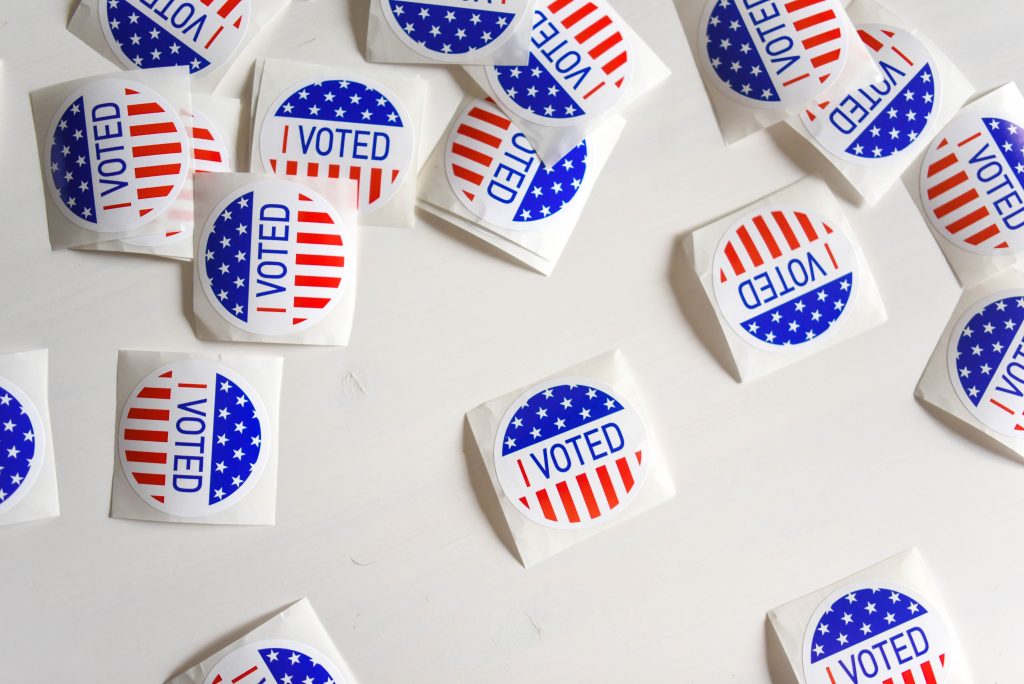Generative AI is a branch of artificial intelligence that can create new content, such as images, videos, text, or audio, based on existing data. It has been used for various purposes, such as entertainment, education, art, and research. However, it also poses some challenges and risks, especially in the context of politics and democracy.
As the world prepares for the biggest election year in history, with more than 70 countries going to the polls in 2024, generative AI could have a significant impact on the electoral process and the public opinion. On one hand, it could be used to enhance civic engagement, political participation, and democratic deliberation, by providing new ways of communication, education, and expression. On the other hand, it could also be used to spread misinformation, propaganda, and deepfakes, which are realistic but fake media that can manipulate or deceive voters.
Here we will explore both the positive and negative aspects of generative AI in relation to democracy and elections, and suggest some best practices and recommendations for mitigating the potential harms and maximizing the potential benefits.
The Bright Side of Generative AI: Engagement, Participation, and Deliberation

Generative AI presents a unique opportunity to enrich democratic processes by introducing innovative tools and platforms.Its potential contributions include:
– Through interactive and personalized content like chatbots and simulations, generative AI fosters dynamic communication, educating and entertaining both voters and candidates.
– Generative AI empowers marginalized groups, minorities, and youth, allowing diverse voices to be heard, thereby enhancing political participation and representation.
– Platforms fueled by generative AI facilitate civil communication through online forums, debates, and crowdsourcing, contributing to constructive democratic discourse.
The positive effects extend to:
– Generative AI gives voters and candidates greater control over the information they consume and produce, leading to a more informed electorate.
– By providing verifiable and relevant data, generative AI contributes to the transparency and accountability of electoral institutions, media, and candidates.
– Bridging gaps and reducing tensions, generative AI promotes collaboration and understanding among different groups, fostering a more harmonious political environment.
In summary, the bright side of generative AI in democracy lies in its capacity to engage, empower, and enhance democratic processes, offering a promising path towards a more vibrant and participatory political landscape.
The Dark Side of Generative AI: Misinformation, Propaganda, and Deepfakes

One of the main concerns about generative AI is that it could be used to create and disseminate false or misleading information, which could undermine the credibility and integrity of the elections and the candidates. For example, generative AI could be used to:
– Generate fake news articles, social media posts, or comments that support or attack a certain candidate or party, or spread rumors or conspiracy theories about them.
– Create fake audio or video clips that show a candidate or a public figure saying or doing something they never did, or alter their appearance, voice, or behavior.
– Fabricate fake documents, such as emails, contracts, or reports, that implicate or exonerate a candidate or a party in a scandal or a controversy.
– Manipulate or distort real data, such as polls, surveys, or statistics, to create a false impression of the public opinion or the electoral outcome.
These types of generative AI content could have serious consequences for the democratic process, as they could:
– Influence the voters’ preferences, opinions, or behaviors, by appealing to their emotions, biases, or prejudices.
– Erode the trust and confidence in the electoral institutions, the media, and the candidates, by creating doubt, confusion, or suspicion.
– Incite or escalate social or political conflicts, by polarizing or radicalizing the public, or provoking violence or unrest.
Best Practices and Recommendations for Generative AI and Democracy
Given the potential benefits and risks of generative AI for democracy and elections, it is important to adopt some best practices and recommendations for its development and use, such as:
– Developing and enforcing ethical and legal standards and guidelines for the creation and distribution of generative AI content, such as ensuring its accuracy, quality, and fairness, and respecting the privacy, dignity, and rights of the individuals and groups involved.
– Educating and raising awareness among the public and the stakeholders about the nature and implications of generative AI content, such as providing clear and visible labels, sources, and explanations, and promoting critical thinking and media literacy skills.
– Creating and supporting platforms and initiatives that foster the positive and responsible use of generative AI content, such as encouraging innovation, creativity, and diversity, and facilitating verification, feedback, and dialogue.
Generative AI is a powerful and versatile technology that can have a significant impact on the democratic process and the electoral outcomes. It can be used for good or evil, depending on the intentions and actions of the creators and users. Therefore, it is essential to be aware of the opportunities and challenges that it presents, and to adopt appropriate measures and strategies to ensure its ethical and beneficial use for democracy and elections.
Copyright©dhaka.ai
tags: Artificial Intelligence, Ai, Dhaka Ai, Ai in Bangladesh, Ai In Dhaka, USA



